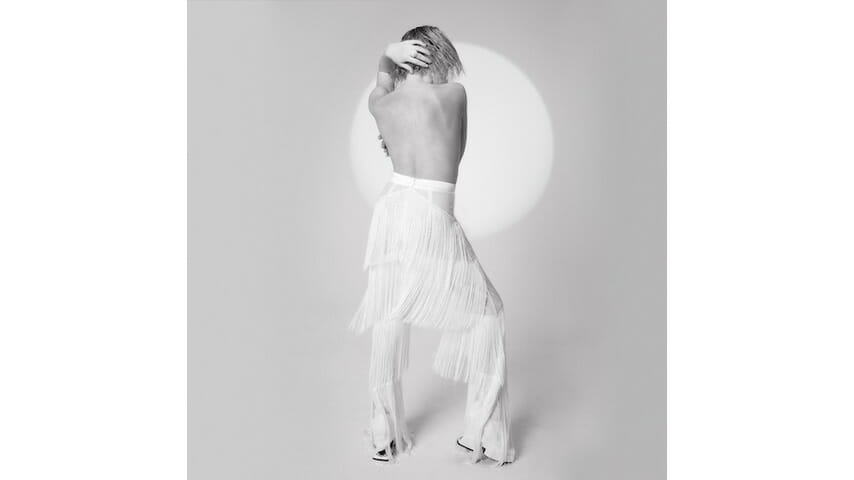Carly Rae Jepsen: Dedicated

Since we’re living in a post-Emotion world, it’s hard to remember a time when Carly Rae Jepsen wasn’t regarded as a pop icon. But before the sexual torment of “Emotion,” the sweet rush of “Gimme Love” and all those “Run Away With Me” saxophone memes, Carly Rae Jepsen was, to most, “Call Me Maybe” and nothing more.
2015 became her moment, and Emotion the pop album to save them all. Now in her thirties, going on four years since then, Carly Rae Jepsen is perhaps even more the music media darling and pop culture mainstay. And while we’ve never really looked to her for lyrical profundity, she’s always been savvy when it comes to pure feelings, making her fourth LP Dedicated another beacon of emotional intelligence, and Jepsen a straight-A student of pop history.
Dedicated is about relationships, but it’s also an examination of self. And the Canadian pop queen (an overused description, but a fitting and persisting one no less) plays three versions of herself: her flirty, confident, single self (the same one behind bodacious hits like “Call Me Maybe” and “I Really Like You”), her regret-riddled, heartbroken self (i.e. “When I Needed You,” “More Than a Memory”) and her head-over-heels self, the one who’s crushing and swooning, who might even be falling in love, who’s most definitely a little horny. She sashays from one identity to another, but as the record beams on, it becomes clearer they’re all one in the same—a trinity. If the bar for Carly Rae Jepsen—and maybe even 2010s pop as a whole—is the intellectual pop perfection of Emotion, then Dedicated falls only a little short, landing somewhere between effortless earworm territory and therapeutic ecstasy.
In an album of 15 tracks, the singles shine the brightest. “Julien” feels like Haim’s “Want You Back” (from their “went pop” album, 2017’s Something to Tell You) and finds Jepsen settled in her most regretful self, dropping such dramatic couplets as “I’m forever haunted by our time / We had a moment, we had a summertime.” But when she sings that line, Jepsen sounds less like a desperate diva and more like a regular adult, one who’s deeply in touch with her pain. Whoever Julien was, he hurt her. She still thinks about him. Let’s talk about it.
-

-

-

-

-

-

-

-

-

-

-

-

-

-

-

-

-

-

-

-

-

-

-

-

-

-

-

-

-

-

-

-

-

-

-

-

-

-

-

-








































